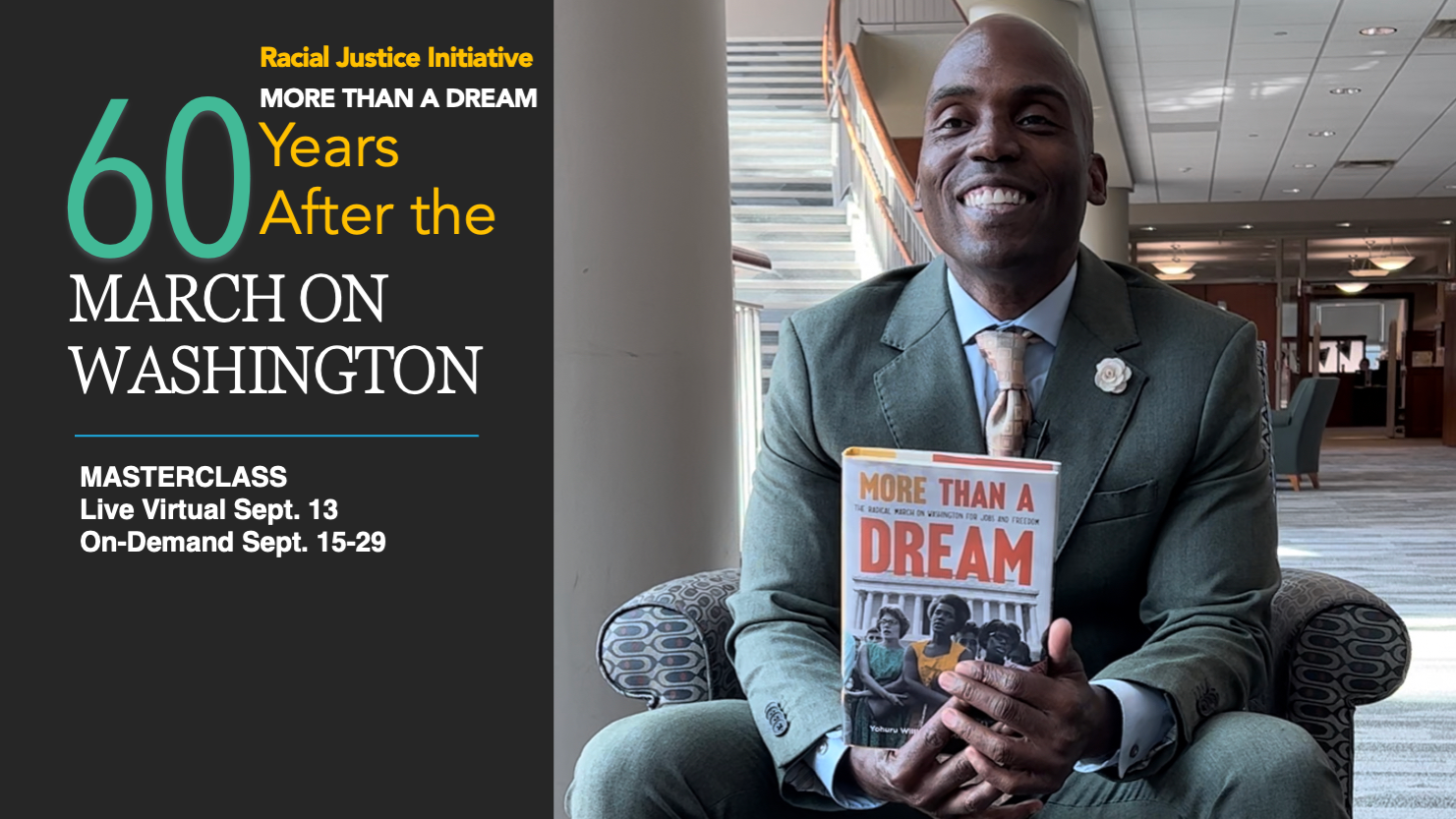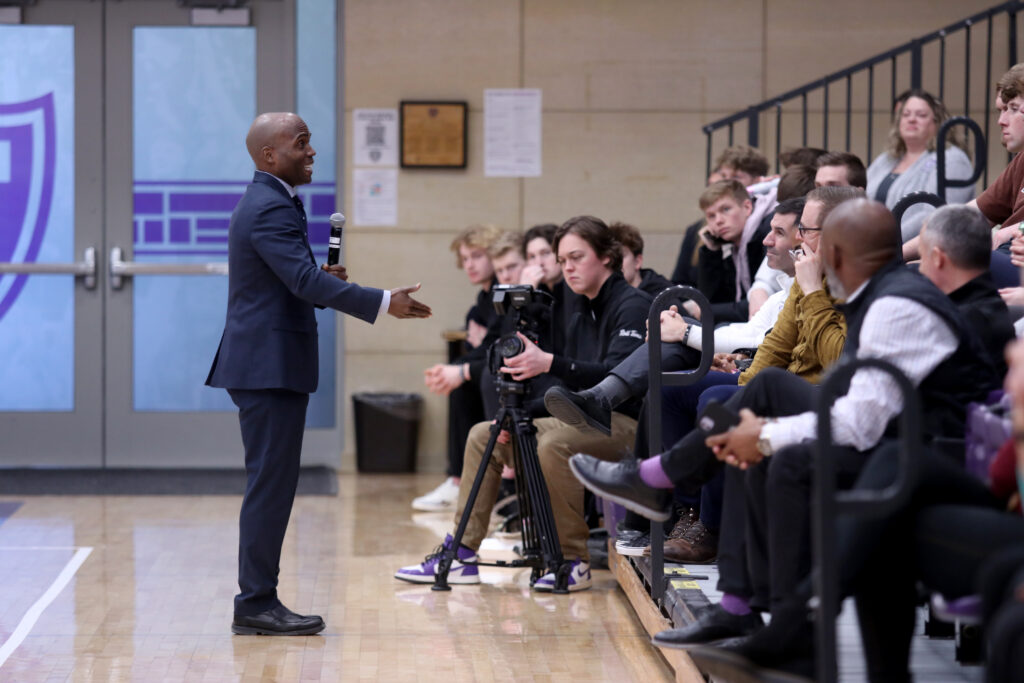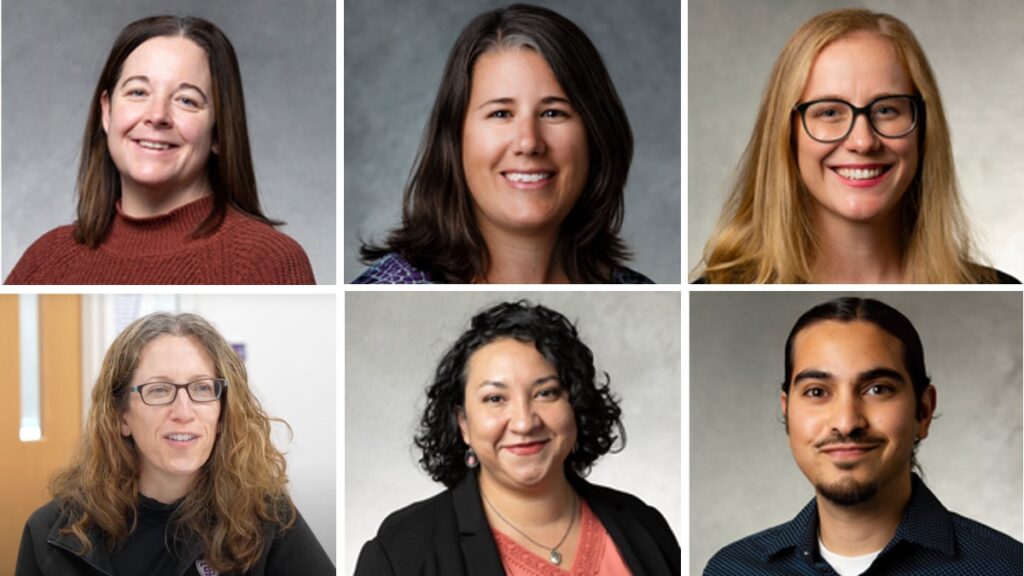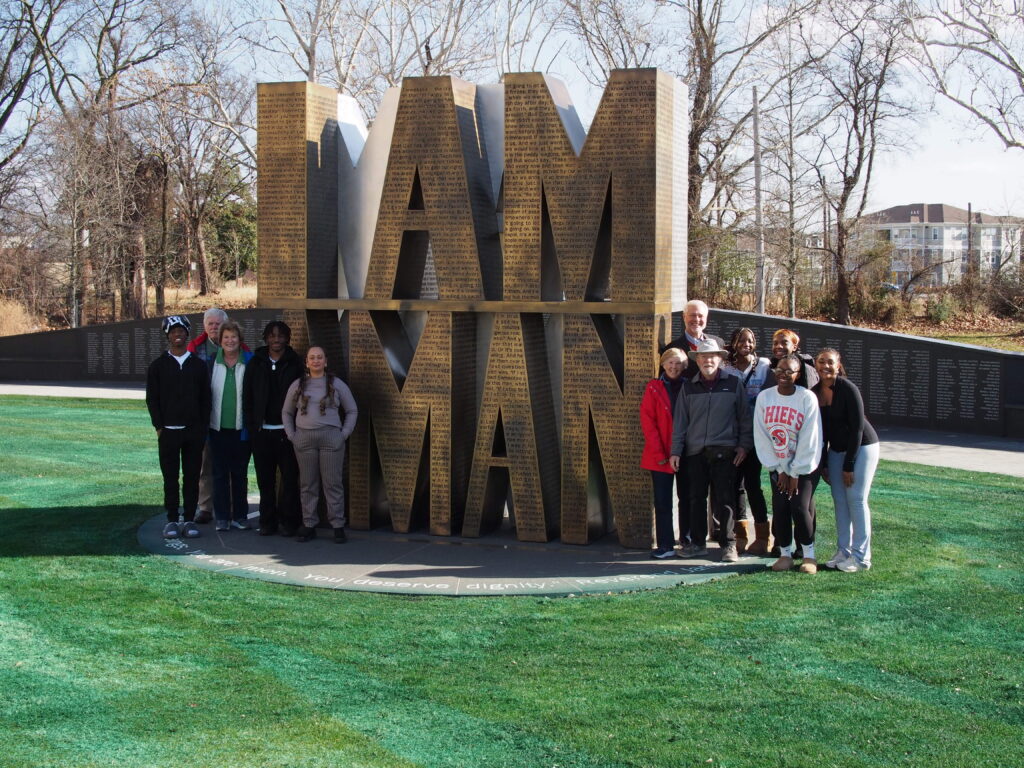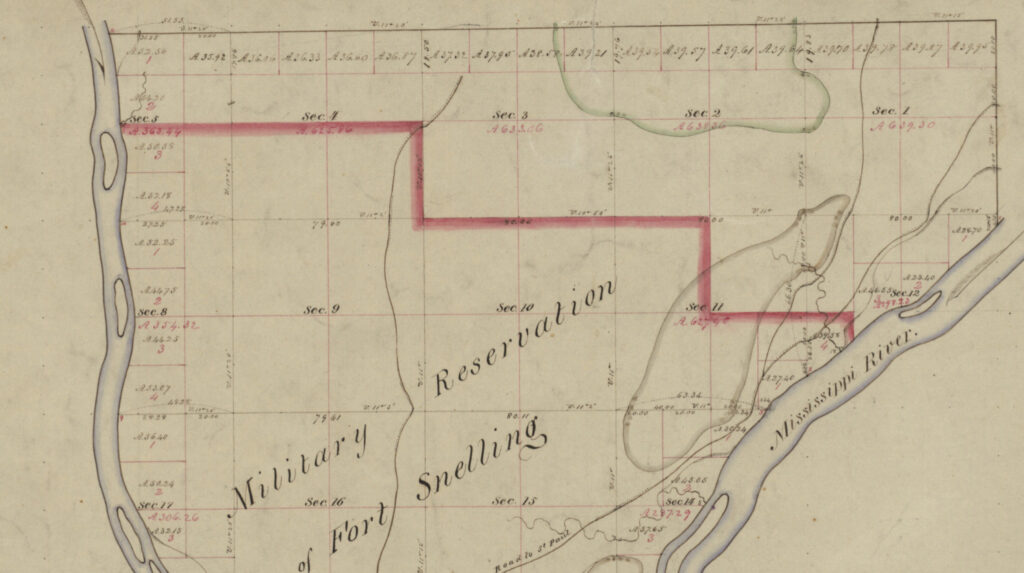The 60th anniversary of the March on Washington is Monday, Aug. 28. While many people hear about that day in the context of Rev. Martin Luther King Jr.’s “I Have A Dream” speech, Dr. Yohuru Williams, the founding director of the Racial Justice Initiative at the University of St. Thomas, says there’s so much more to understand about that day and the fight for jobs and freedom.
“There’s actually a lot of politics around why King spoke when he did that day, and the fact that he really wasn’t intended to be the main speaker,” Williams said.
In fact, many other movement leaders spoke that day. There were 10 main speakers, including March director A. Philip Randolph; Walter Reutherof the AFL–CIO; Roy Wilkins, head of the NAACP; John Lewis, who later became a U.S. congressman, as chair of Student Nonviolent Coordinating Committee (SNCC). King was the 10th and final speaker of the main speakers.
“He had agreed to that final slot because other movement leaders worried that the media would leave early,” Williams said. “And so they were jockeying for position much earlier in the program. And people today kind of assume that because Dr. King is the charismatic speaker that we know him to be, that everybody knew that then. But the March on Washington is King’s introduction to the nation.”
Williams co-wrote with Mike Long a book about the march titled More Than Dream: The Radical March on Washington for Jobs and Freedom. “We have to think critically about how we create opportunities and pathways for employment for the African American community and for the Black community,” he said. “That freedom would also mean interrogating police brutality and injustice, but also thinking concretely about health care and access to places of public accommodation and education.”
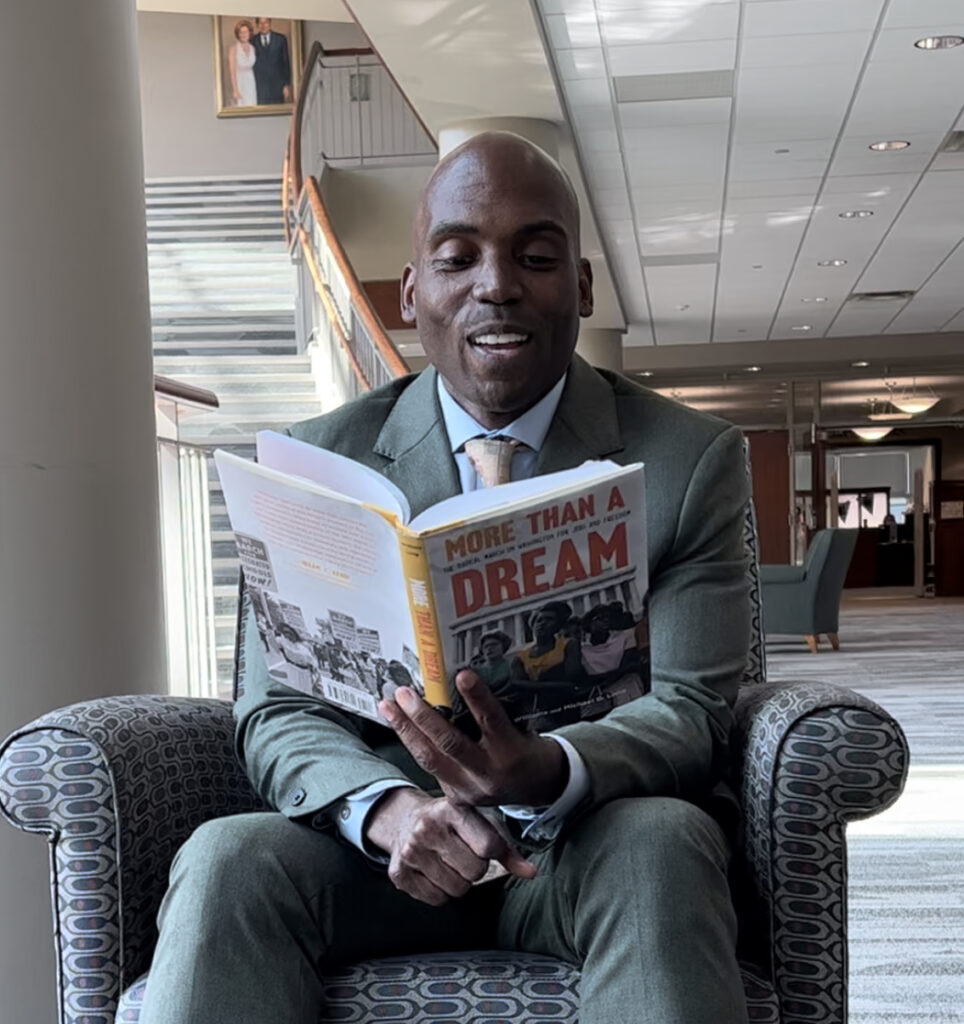 Sheree R. Curry / University of St. Thomas
Sheree R. Curry / University of St. ThomasIn an upcoming MasterClass for the Racial Justice Initiative, Williams will explore the legacy of the 1963 March on Washington beyond King's iconic “I Have a Dream” speech and he will explain the historical relevance of the march to today’s society. The Sept. 13 class is called “More Than a Dream: Sixty Years After the March on Washington.”
The MasterClass presentation will also include material from Williams’ book. The session is free of charge and includes a 45-minute educational presentation with Williams, followed by a 15-minute Q&A to engage more deeply with the topic.
Participants are also invited to an in-person social hour with Williams the following week. The Sept. 13 MasterClass and AfterClass social are free of charge, but registration is required.
Register for the live virtual session or the on-demand learning session. Visit the Racial Justice Initiative website for more information.
